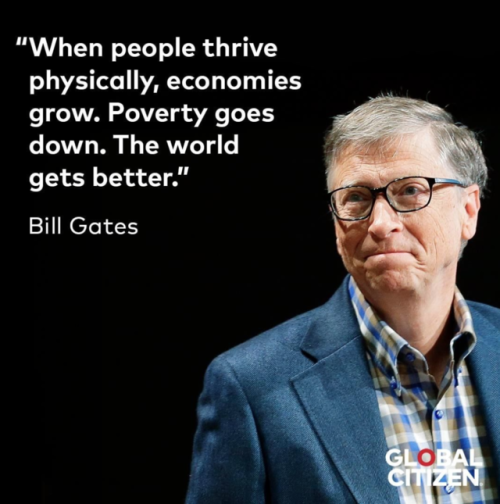#globalhealth
The week provides the opportunity for participants to promote overall awareness for the wide ranging aspects of wellbeing, including social, physical, emotional, financial, career and environmental.
This week, 22-26 June, 2020 is World Wellbeing Week. The observance began in Jersey, the Channel Islands in 2019 and has since been taken up across the world.

Wellbeing and healthy lifestyle concept
Since the beginning of the global lockdown, people have been encouraged to maintain some sort of physical activity or exercise. While it is known that exercise is beneficial for overall physical and mental health and wellbeing, researchers from the University of Cambridge and University of Edinburgh UK, have released a study in which they say that physical activity prevents 3.9 million early deaths each year.
Publishing their work in The Lancet Global Health the researchers said that there is often too much focus on the negative health consequences of poor levels of physical activity, when we should be celebrating what we gain from physical activity.

Exercises and warm up before run
Researchers from the Medical Research Council Epidemiology Unit at the University of Cambridge looked at previously published data for 168 countries which covered the proportion of the population meeting WHO global recommendation of at least 150 minutes of moderate-intensity throughout the week or 75 minutes of vigorous-intensity activity.
By combining these data, with estimates of the relative risk of dying early for active people compared to inactive people, the researchers were able to estimate the proportion of premature deaths that were prevented because people were physically active.
They found that globally, due to physical activity, the number of premature deaths was an average 15% lower than it would have been, equating to 3.9 million lives saved each year. Despite the considerable variation in physical activity levels between countries, the positive contribution of physical activity was remarkably consistent across the globe, with a broad trend towards a greater proportion of premature deaths averted for low and middle income countries.

Hands holding red heart representing healthy heart and wellbeing
The researchers argue that the debate on physical activity has often been framed in terms of the number of early deaths due to the lack of exercise, currently estimated at 3.2 million each year. But showing how many deaths are averted it might be possible to frame the debate in a positive way which could have benefits for policy and population messaging.

Fitness session
Dr Tess Strain from the Medical Research Council Epidemiology Unit at the University of Cambridge said; ‘We’re used to looking at the downsides of not getting enough activity – whether that’s sports or a gym or just a brisk walk after lunch time. But by focusing on the number of lives saved, we can tell a good news story of what is already being achieved…We hope our finding will encourage governments and local authorities to protect and maintain services in these challenging times.’
Written by Muriel Cozier. You can find more of her workhere.
The Lancet Global HealthDOI:10.1016/s2214-109X(20)30211-4
This powerful story documents women in Senegal who have been accused of infanticide – killing a newborn baby. It’s 2nd-most common reason women are in jail in Senegal. Writer Allyn Gaestel & photographer Ricci Shryock wanted to capture the profundity of this phenomenon.
Editor’s note: This thread is about infanticide — the killing of a newborn baby — and includes graphic descriptions of that practice.

E delivered her eighth child and says the baby was stillborn. She was arrested and found guilty of infanticide but was released for good behavior after serving 3 years and is now living on her brother’s farm in a small house. “It’s better to be free without money than trapped between four walls,” she says.
Photo: Ricci Shryock for NPR

F talks to her children while they visit her in prison, where she awaits the verdict on charges that she killed her baby from an affair while her husband was out of the country looking for work. She claims the baby was stillborn but in her file there is a photo of the corpse of the child, just removed from the septic tank.
Photo: Ricci Shryock for NPR

N, pictured here at age 3. Her mother and father threw her in a septic tank when she was born, but she survived. She now lives with her maternal grandmother while her mother services time for attempted infanticide. She is photographed in the family courtyard.
Photo: Ricci Shryock for NPR
Some experts believe that strict abortion laws in Senegal are a contributing factor. A task force of women activists, lawyers and lawmakers are working to change the law to allow abortions in the case of rape, incest and maternal health. The proposed bill is still at the ministerial level.
Read the full story here
Bill Gates outlined what global health could look like by 2040 during a tribute lecture to Stephen Hawking on Monday. Read about Gates’ two predictions for global health at this link.
(: Ted S. Warren/AP)
Post link

